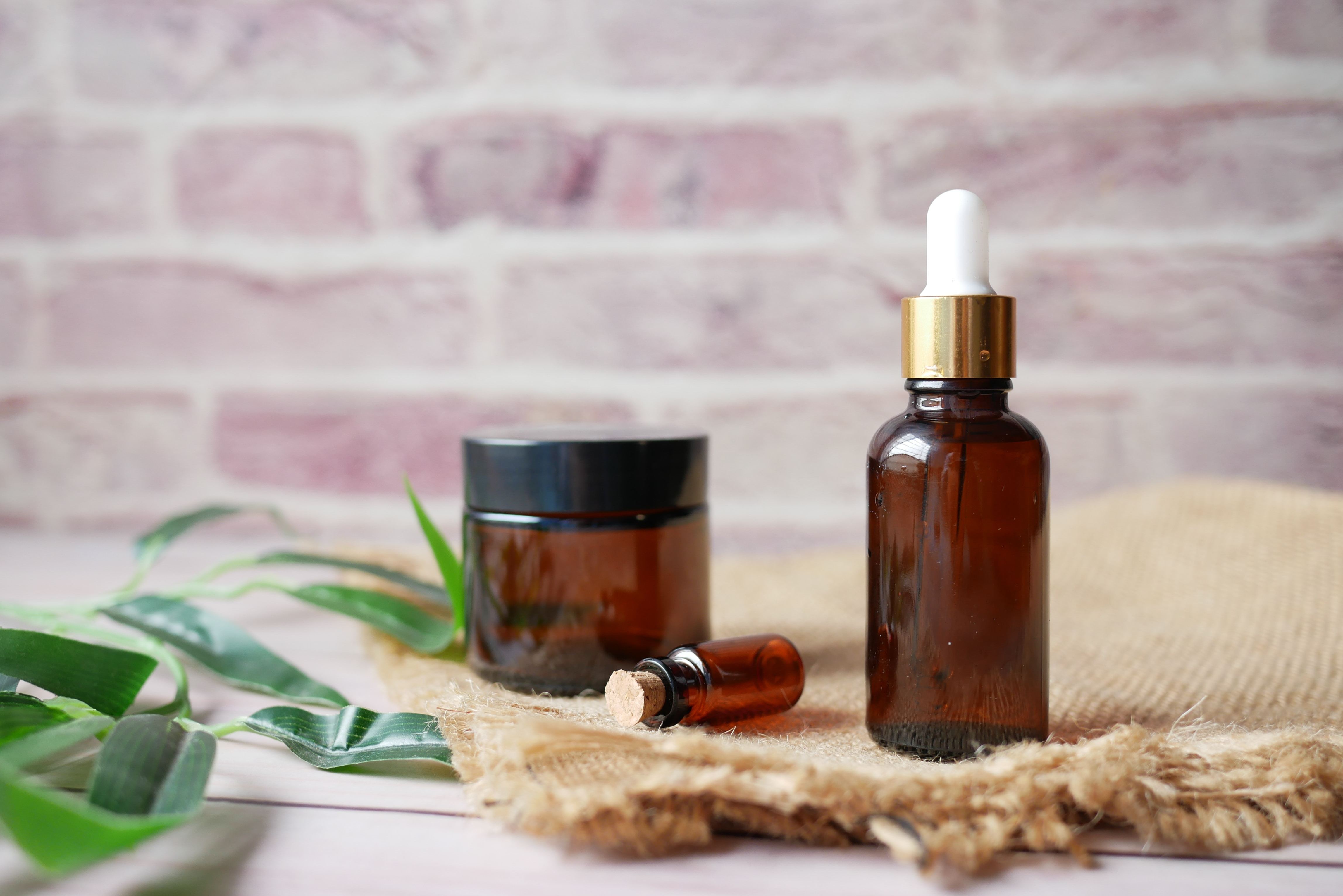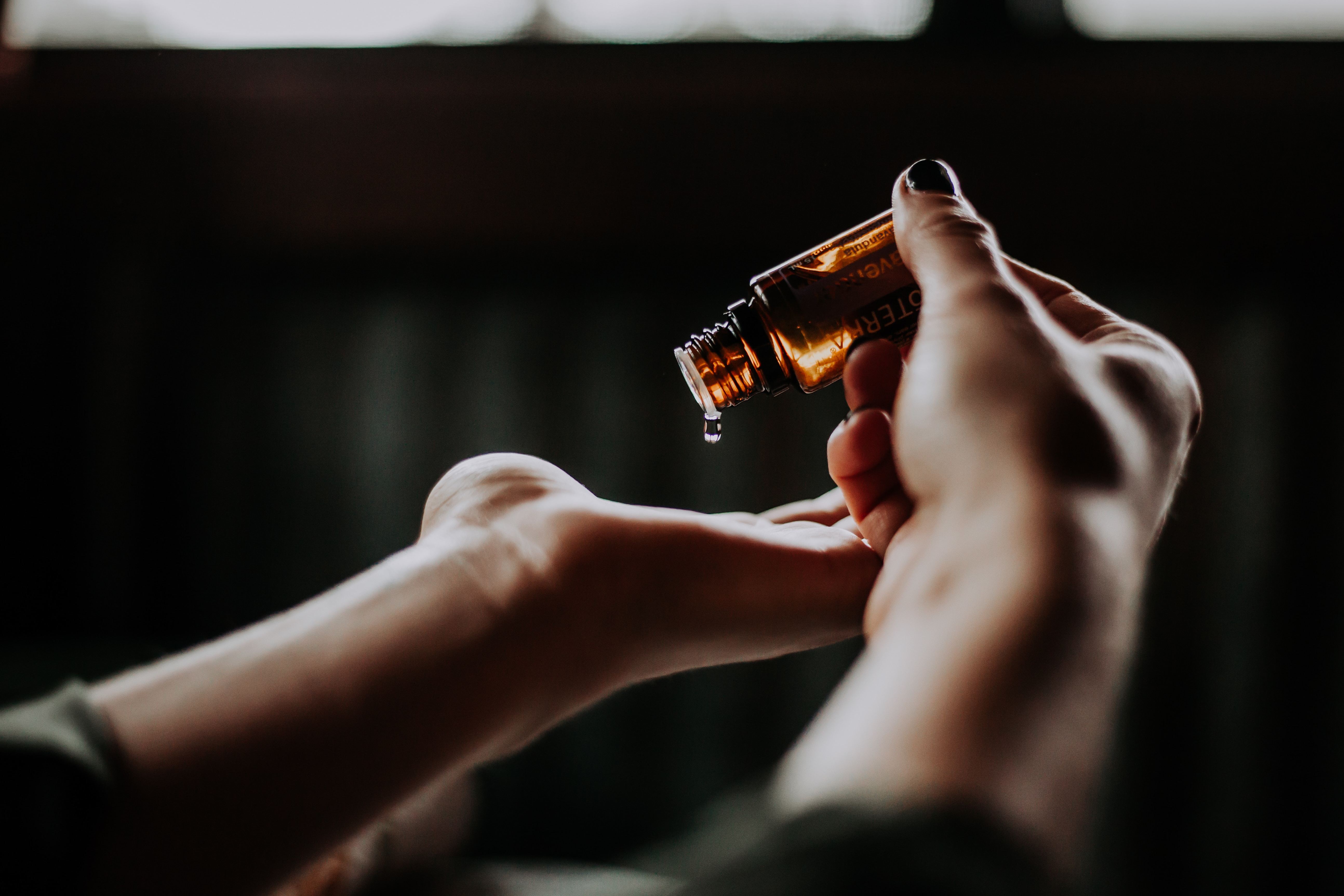How can I ensure the safe use of essential oils?
Category: News and Events
Time:2023-10-01
How can I ensure the safe use of essential oils?

When using essential oils, it's important to keep in mind several safety guidelines. Here are five principles for safe essential oil usage:
1. Read the label
Each essential oil has specific uses and recommended applications. Not all oils can be ingested, and some may require dilution before topical application. Pay attention to the special instructions on the oil's packaging and follow all recommended guidelines provided by the manufacturer. Even if certain body areas to avoid are not mentioned on the label, refrain from using essential oils near the nose, inner ears, eyes, damaged skin, or other sensitive areas.
2. Be aware of possible allergies
In terms of safety, consider your individual circumstances. For instance, if you have sensitive skin, you may need to dilute certain essential oils. You might also discover that you're allergic to specific oils, even when diluted. While pure essential oils do not contain protein molecules and are unlikely to trigger allergies like peanuts or eggs, they can interact with skin proteins, potentially causing allergic reactions. This is relatively rare and depends on factors such as the type and dosage of the oil used, individual protein levels, and genetic factors. If you experience severe adverse reactions to essential oils, stop using them immediately. In the case of local allergic reactions, do not rinse with water or apply more oil; instead, apply a neutral carrier oil to the affected area. If the condition does not improve, consult a healthcare professional.

3. Pay attention to dosage
Using essential oils safely is possible as long as you adhere to appropriate dosages and methods of application. In extreme cases, exceeding the recommended dosage of essential oils can lead to poisoning, where a substance becomes harmful or injurious to the body. Improper use or excessive intake of even seemingly harmless natural substances like water, minerals, or vitamins can be toxic. Remember that essential oils can be toxic to the body only when used in significantly excessive amounts. Start with a small amount, whether you're diffusing, topically applying, or ingesting the oil. This allows you to observe your body's response before determining your usual dosage. Due to their potency, it's advisable to use essential oils in small, divided doses throughout the day rather than in a single large dose. When using essential oils for the first time, on sensitive skin, or on children, it's essential to dilute them. A common dilution ratio is one drop of essential oil to five drops of carrier oil. For highly potent oils like cinnamon, clove, or thyme, the recommended ratio is one drop of essential oil to ten drops of carrier oil. Always pay attention to labeling for strong essential oils like cinnamon, clove, and thyme and dilute them before applying to the skin.
4. Supervise children
Children have smaller bodies and more sensitive skin compared to adults, so it's important to be aware of different safety rules when using essential oils on them. Once you're familiar with the safety guidelines for using essential oils on children, you can help them benefit from the oils with ease. If your child has specific health conditions or issues, consult a doctor. While using essential oils on children requires extra precautions, it is generally safe for parents to do so. Ensure that children use essential oils under adult supervision. Due to the fragility of children's skin, it's advisable to dilute oils before applying them topically. Before using essential oils on other areas, consider applying them to the soles of a child's feet. Keep essential oils out of reach of children to prevent unauthorized use. Additionally, you can use safety caps that effectively prevent children from opening essential oil bottles.
5. Seek professional medical advice when in doubt
As mentioned earlier, everyone's experience with essential oils can be different. If you have specific health concerns, it's best to consult a doctor before using essential oils. Your doctor understands your medical history and can provide personalized recommendations for using essential oils. Fortunately, even if you have specific health issues or concerns, you can adjust your usage or dosage according to your needs to continue enjoying the numerous benefits of essential oils.
Keywords: How can I ensure the safe use of essential oils?
Related Information
News and Events
-
Essential Oils and Fitness
Time:2024-07-15
-
Fixatives in Perfumes
Time:2024-06-30
-
Connection and difference between (+)-Limonene and (-)-Limonene
Time:2024-06-15
-
Product Introduction- NATURAL (+) R-LIMONENE
Time:2024-05-30
-
The Cleaning Properties of Essential Oils: Choosing the Right Oils for Natural Cleaning Solutions
Time:2024-05-15
-
Connections and Differences between α-Pinene and β-Pinene
Time:2024-04-30
-
Exploring α-Thujene: Applications, Production Process, Plant Sources, and Limitations
Time:2024-04-15
-
Product Introduction- ISOSAFROLE
Time:2024-02-29
-
Introduction to Soap Fragrance
Time:2024-01-30
-
Product Introduction- ISOSAFROLE
Time:2024-01-15
-
Essential Oils and Personal Care
Time:2023-12-30
-
Product Introduction- SAFROLE
Time:2023-12-15
-
Base Oils
Time:2023-11-30
-
Product Introduction- SASSAFRAS OIL
Time:2023-11-15
-
Common Essential Oil Testing Methods
Time:2023-10-30
-
Product Introduction- TEA TREE OIL
Time:2023-10-15
-
How can I ensure the safe use of essential oils?
Time:2023-10-01
-
Product Introduction- NATURAL β-CARYOPHYLLENE
Time:2023-09-15
-
Various factors affecting the efficacy of cosmetics
Time:2023-08-30
-
Product Introduction - LITSEA CUBEBA OIL
Time:2023-08-15
-
How many flavors and fragrances do you know that can help you sleep and calm your mind?
Time:2023-07-30
-
Product Introduction - NATURAL CITRAL
Time:2023-06-30
-
Some Mosquito Repellent Effect of Fragrances and Flavors
Time:2023-06-15
-
Product Introduction - NATURAL (-)L-LIMONENE
Time:2023-05-30
-
Yibin attaches great importance to forestry ecological construction and development
Time:2023-05-15
-
Product Introduction - NATURAL LINALOOL
Time:2023-04-30
-
How to distinguish between 1,8 Cineole and 1,4 Cineole?
Time:2023-04-15
-
Product Introduction -β- PINENE
Time:2023-03-31
Yibin Cineole Perfumery Co., Ltd.
Hotline:
Address:
1st floor, Building 2, No.2 Community, Shima Village, Caiba Town, Cuiping District, Yibin City

Scan Code
COPYRIGHT © 2024 YIBIN CINEOLE PERFUMERY CO., LTD. ALL RIGHTS RESERVED. POWER BY:300.CN
